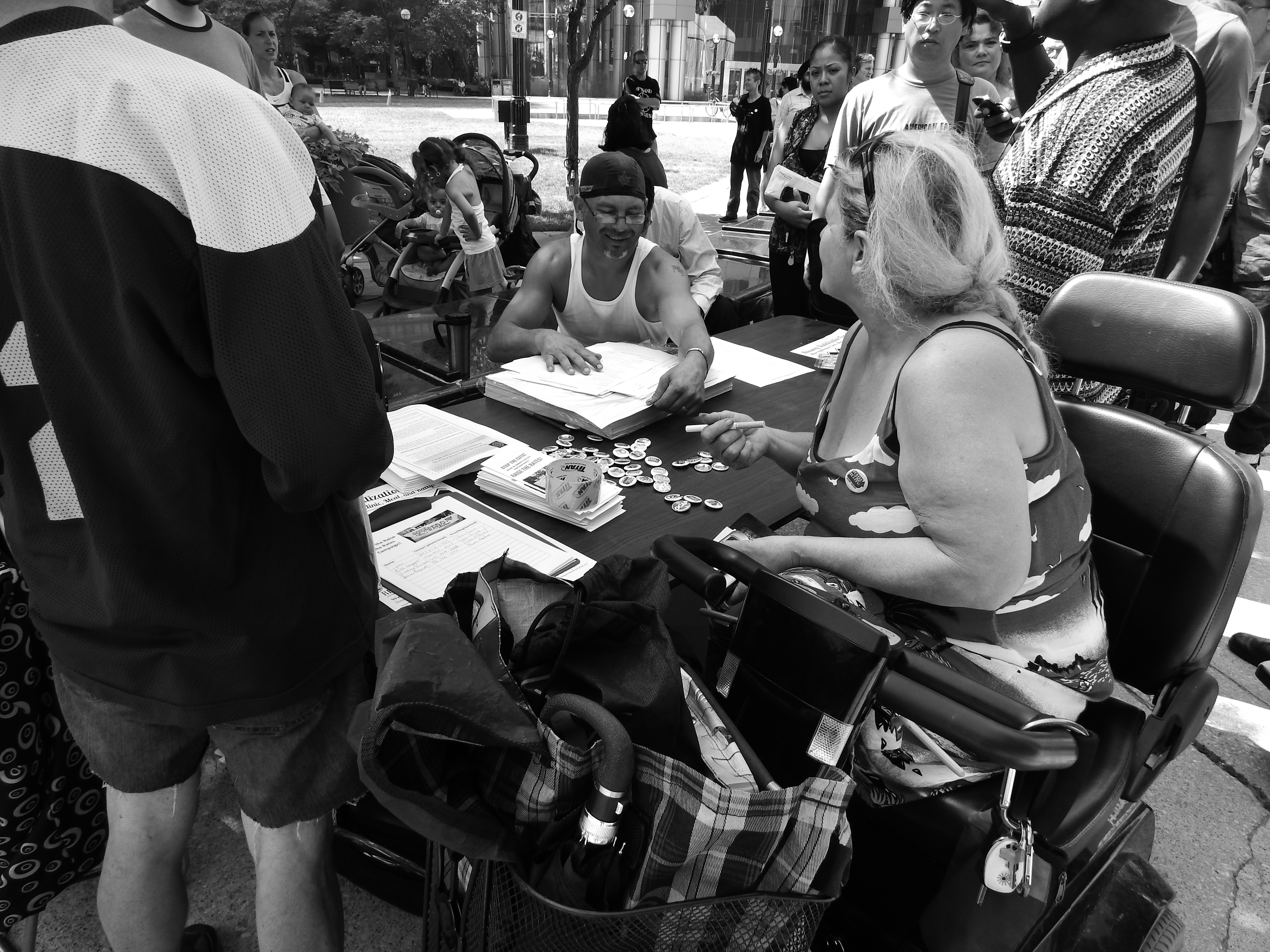It’s the difference between being housed or being homeless. The difference between having enough money for first and last month’s rent. Or enough money to pay rental arrears.
In Toronto, it’s called the Housing Stabilization Fund (HSF). It helps meet the emergency housing needs of Toronto residents who receive assistance from Ontario Works (OW) or the Ontario Disability Support Program (ODSP).
The fund provides assistance to prevent eviction, obtain and retain affordable accommodation, and assist with energy arrears, rent, rental arrears, essential furniture and moving costs.
Singles/Couples can be eligible to receive up to $1600.00 ($800.00 for rent, moving costs, rental and energy arrears) ($800.00 for essential furniture).
Families with Adult Dependents can be eligible to receive up to $2000.00 ($1000.00 for rent, moving costs, rental and energy arrears) ($1000.00 for essential furniture).
Families with children can be eligible to receive up to $3000.00 ($1500.00 for rent, moving costs, rental and energy arrears) ($1500.00 for essential furniture).
But trying to get that money hasn’t been easy.
“By the City’s own admission, the HSF has been inaccessible for many who need it, both because the City has failed to tell people how they can receive the benefit, and that the eligibility criteria to receive the fund have been too strict,” said the Ontario Coalition Against Poverty.
“In response to this situation, anti-poverty groups have organized clinics where people are assisted in applying for the HSF.”
On Wednesday, OCAP organized a mass HSF application clinic outside Metro Hall in Toronto where people could get help in filling out their HSF application forms.
Over 100 applications were completed and handed over to the City.
The HSF is not intended to replace the Community Start Up Maintenance Benefit (CSUMB), which was cancelled by the provincial government in the 2012 budget.
Which means it’s not a permanent fund and could be cancelled at any time.
The City said that “2013 is a transition year and will set the stage for the planning of a longer term strategy” for 2014 and beyond.
“Without it we don’t know what could happen,” said Chanteal-lee Winchester, an OCAP member.
Leaving ODSP and OW recipients to fend for themselves. And given the inadequate benefits provided to social assistance recipients, that’s an impossible task.
“There’s no way you’d be able to pay rent, feed and clothe yourself and pay your bills on $606 a month.”
That’s how much a single person receives on OW.
“We got to let everybody know that we’re flipping well mad,” said Darlene Lucas with Parkdale Against Poverty.
“And we ain’t gonna take it no more.”
So Lucas and her colleagues, including CUPE Ontario, are prepared to fight to restore the CSUMB and for a raise in social assistance rates.
In 2009, CUPE Ontario passed a resolution to work with OCAP on the Raise the Rates campaign.
“Since that time we have been by your side in the struggle for dignity and respect for people on OW and ODSP,” said Kelly O’Sullivan, president, CUPE Local 4308.
“And that (resolution) wasn’t about charity. It was about solidarity with poor and working people and people with disabilities in this province.”
Making sure that no one In Ontario goes hungry, without housing or without an adequate income.
“(Otherwise) more people are going to die,” said Sharon Anderson, a member of Bread and Bricks Social Justice Group.
“And that is wrong. It doesn’t matter if they have nothing. They’re still a person.”



